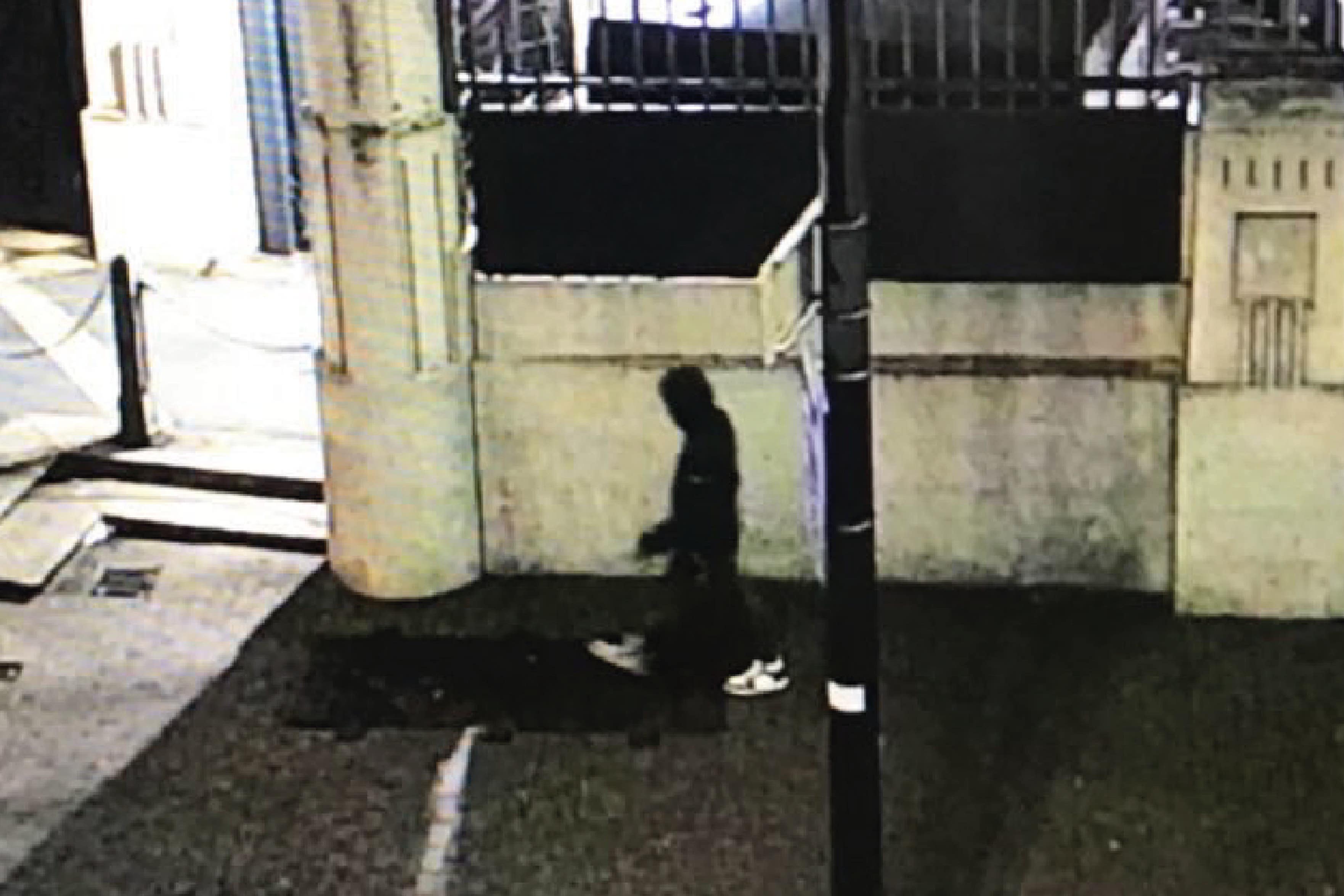Armed police raid addresses in Newcastle in search for Abdul Ezedi
The Metropolitan Police said the warrants, including one at Ezedi’s place of work, were carried out in the early hours of Thursday morning.

Your support helps us to tell the story
From reproductive rights to climate change to Big Tech, The Independent is on the ground when the story is developing. Whether it's investigating the financials of Elon Musk's pro-Trump PAC or producing our latest documentary, 'The A Word', which shines a light on the American women fighting for reproductive rights, we know how important it is to parse out the facts from the messaging.
At such a critical moment in US history, we need reporters on the ground. Your donation allows us to keep sending journalists to speak to both sides of the story.
The Independent is trusted by Americans across the entire political spectrum. And unlike many other quality news outlets, we choose not to lock Americans out of our reporting and analysis with paywalls. We believe quality journalism should be available to everyone, paid for by those who can afford it.
Your support makes all the difference.Armed police have executed two raids at addresses in Newcastle as part of their search for Clapham alkali attack suspect Abdul Ezedi.
The Metropolitan Police said the warrants, including one at Ezedi’s place of work, were carried out in the early hours of Thursday.
No arrests have been made following the raids, which were a joint operation between the Met and Northumbria Police.
Ezedi, 35, is accused of pouring a strong alkali on his ex-partner, and injuring her two young children, aged three and eight, on Wednesday January 31 in Clapham, south London.
A major manhunt is under way for the suspect, with the last confirmed sighting now at just before 11.30pm that evening, a few hours after the attack, as he crossed over Chelsea Bridge and entered Battersea Park in central London, then crossed back over the same bridge minutes later.
He was initially travelling around on the Tube network using his bank card and, after that, appears to have been walking a route that broadly hugged the River Thames.
The woman hurt in the attack, who may lose the sight in her right eye, remains sedated in hospital and is still too ill to speak to police.
It comes after police revealed the woman had been in a relationship with Ezedi, with the breakdown of the relationship a possible motive for the attack.
Investigators said that she had agreed to meet him on the day of the attack, and that she and her children were in a car with Ezedi when he struck.
Metropolitan Police Commander Jon Savell said on Wednesday the manhunt for Ezedi is “an incredibly high-priority attempted murder investigation”.
He added on Thursday: “Today’s early morning activity involved armed officers targeting addresses linked to Ezedi as our investigation continues to find this dangerous man.
“This is just part of our work, a team of 100 officers in London are continuing to progress a range of inquiries, linking in with other forces and agencies. This includes meticulous work to examine CCTV footage, and we have now traced Ezedi’s movements for another 30 minutes.”
He thanked members of the public who have given information and said officers handed out 250 leaflets at the scene of the attack on Wednesday evening, visited local Afghan restaurants and spoke to members of the local residents’ association.
Ezedi, who is not the father of the children who were hurt, suffered significant facial injuries that could prove fatal if left untreated.
Detective Superintendent Rick Sewart, who is leading the hunt for the Afghan refugee, said: “The medical injuries to Ezedi appear very significant from imagery that we have recovered, to the right side of his face.
“And through the National Crime Agency we have received medical interpretation which would indicate that his injuries could be potentially fatal if not treated.”
Ezedi came to the UK hidden in a lorry in 2016, and was turned down twice for asylum before successfully appealing against the Home Office rejection by claiming he had converted to Christianity.
He was convicted of two sexual offences in 2018 but was allowed to stay in the UK because his crimes were not serious enough to meet the threshold for deportation.
A tribunal judge is understood to have ruled in favour of his asylum claim in 2020 after a retired Baptist church minister confirmed he had converted to Christianity, reportedly describing Ezedi as “wholly committed” to his new religion.
On Wednesday, a Baptist church in Tyne and Wear confirmed it was aware of a “connection” it had with the suspect.
In a statement, the church in Jarrow said: “Grange Road Baptist Church brings together and welcomes people from all walks of life and from many different nations.
“We are aware of the connection Abdul Shakoor Ezedi has had with our church.
“As soon as we became aware of the current situation, we made contact with and are co-operating with the relevant authorities. We are praying for all those affected by the situation.”
Investigators say they are keeping an open mind as to whether Ezedi is dead, possibly after jumping in the river, or whether he is being helped to stay hidden.
Details of Ezedi were circulated to all UK forces and ports at an early stage.
Darius Nasimi, from the Afghanistan and Central Asian Association charity, called on anyone in the community who may be helping him to contact police.